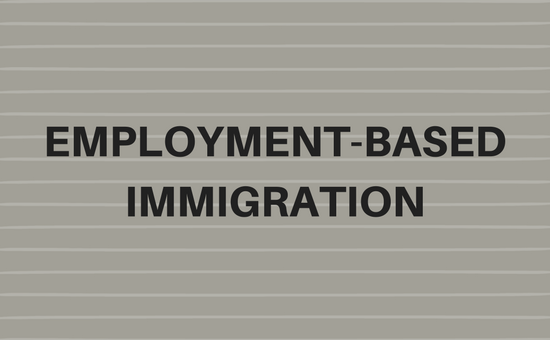Not all exchange visitors are subject to the 2-year foreign residence requirement. Not even all exchange visitors who are foreign medical graduates are subject to this requirement. But for foreign medical graduates who are subject to the foreign residence requirement, the requirement is often a heavy one. Any J-1 exchange visitor subject to the foreign requirement is ineligible for permanent residence or H or L visas/statuses, until the former exchange visitor resides for two years, after her stay as an exchange visitor, in her country of citizenship/nationality. This is a serious limitation for a doctor who wants to work in the US after she completes her residency. Naturally, many of these doctors want to know their waiver options.
This post will present some of the waiver options available to such a physician. These physicians have four options when it comes to waivers: they have options based on persecution they would face, based on hardship that relatives would face, based on the recommendation for a waiver submitted by a health department of a US state, and based on a US government agency’s desire for the exchange visitor to have a waiver.
In PART ONE of this blog entry, we will look at the first two bases for receiving a waiver. In PART TWO, we will look at the second two bases.
Persecution
The physician may receive a waiver of the foreign residence requirement if she would be subject to persecution because race, religion or political opinion upon returning to his or her home country. This basis is like asylum and related humanitarian forms of relief.
Exceptional hardship
The physician may receive a waiver of the foreign residence requirement if the satisfaction of the requirement would result in exceptional hardship to his or her US citizen or permanent resident spouse or child.
While these are the relatives that technically count, in practice, adjudicators will consider hardship to the exchange visitor him or herself, to parents, and to the community the exchange visitor is a part of, and so on.
In PART TWO, we will look at more commonly used ways that physicians receive a waiver of the foreign residence requirement.
